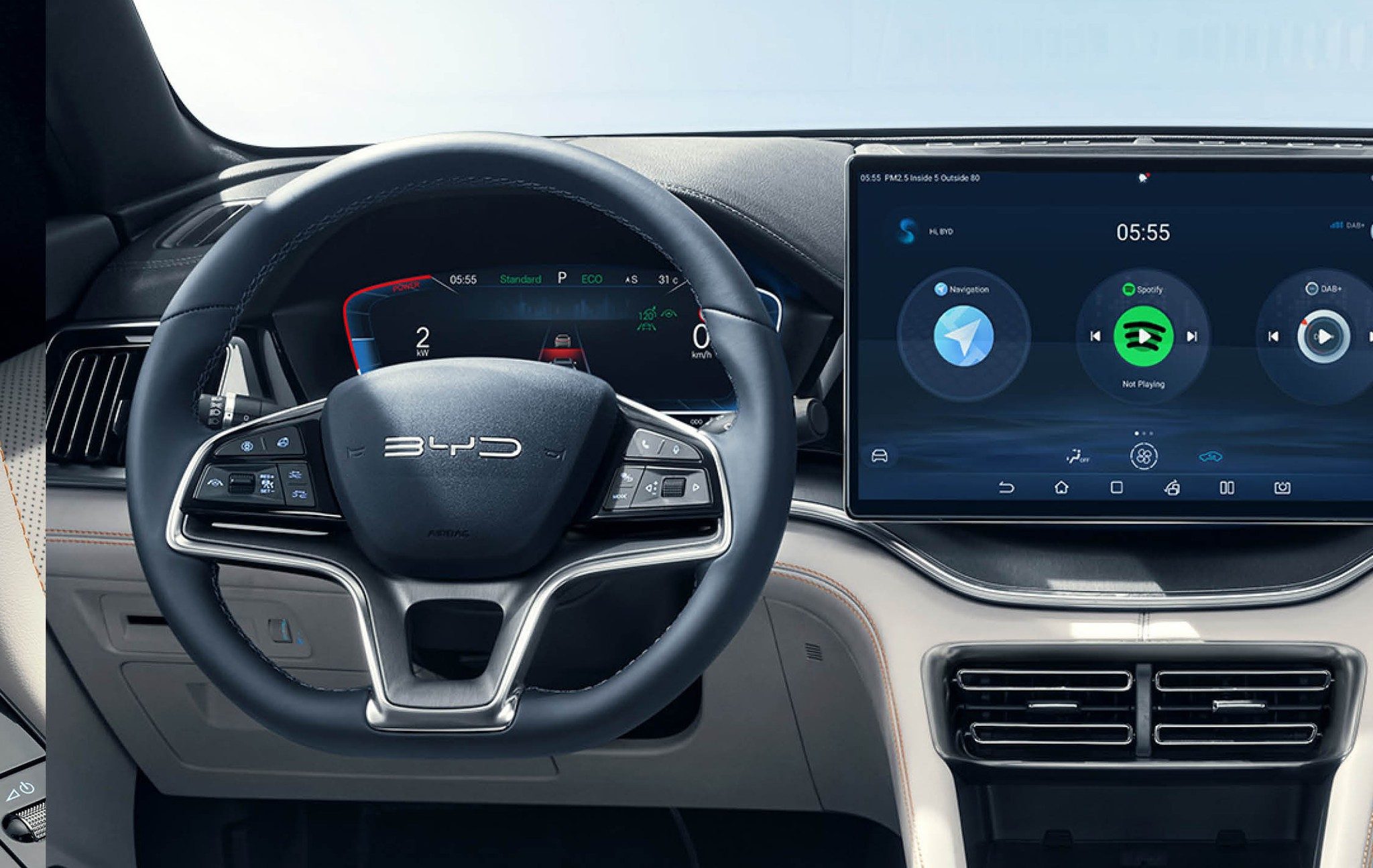
Manufacturing will start gradually, with a full ramp-up expected in three to four years.Continue reading
“The automotive industry has been the greatest success story of the past 30 years,” remarked Gergely Fábián, Secretary of State at the Ministry for National Economy, during a conference in Budapest.
The Secretary of State outlined the ambitious goal of Hungarian economic policy: to position the country as the connecting point between the Western and Eastern automotive industries by 2030.
At the inaugural Budapest Automotive Summit, Gergely Fábián discussed the recent trends in global electric car sales. While there had been dynamic growth in previous years, sales slowed towards the end of last year and continued to decline into the first two months of 2024. The phasing out of the German electric car subsidy scheme in December contributed to a sharp drop in demand, prompting manufacturers to respond with price cuts.
Uncertainty loomed over EU regulations aiming to ban the sale of new cars with internal combustion engines in European markets from 2035.
Despite this, statistics revealed that 14 million electric cars were sold globally in 2023, with 58 percent sold in China. China’s electric car market is notably advanced, with nearly 30 percent of all cars sold being electric, compared to 21 percent in Europe and 8 percent in the United States.
Fábián emphasized the need for a smooth transition in the automotive industry, one of the largest transformations in its history. He advocated for EU-level support programs to bolster the European electric vehicle industry, given the substantial backing provided by the U.S. and China. However, he also acknowledged the competitiveness of Chinese car makers in European markets, even without state subsidies.
Highlighting the success of Hungarian electric car subsidy programs, Mr. Fábián underscored their role in promoting electromobility. Looking ahead, he outlined plans for the upcoming six-month Hungarian EU presidency, aiming to garner support for European-level initiatives.
He referenced the Antwerp declaration issued by industry leaders in February as a call to action for European decision-makers.
The automotive industry urged the European Commission to prioritize competitiveness issues and consider their proposals.
The Secretary of State also discussed the recently presented competitiveness strategy, with a particular focus on the automotive sector, accounting for about a quarter of manufacturing output and employs 150,000 people. The strategy emphasizes patriotism, technological sustainability, security of supply, and diversification of production, with a keen focus on artificial intelligence and electromobility.
Hungary aims to become Europe’s automotive test center and regional manufacturing hub by 2030. Mr. Fábián stressed the importance of elevating Hungarian suppliers up the value chain to enhance added value. However, he acknowledged the challenges, as it can take years for suppliers to achieve the highest level of certification. He emphasized the need for domestic investment aid to be tied to domestic value added.
Via MTI; Featured Image: Facebook / BMW Group